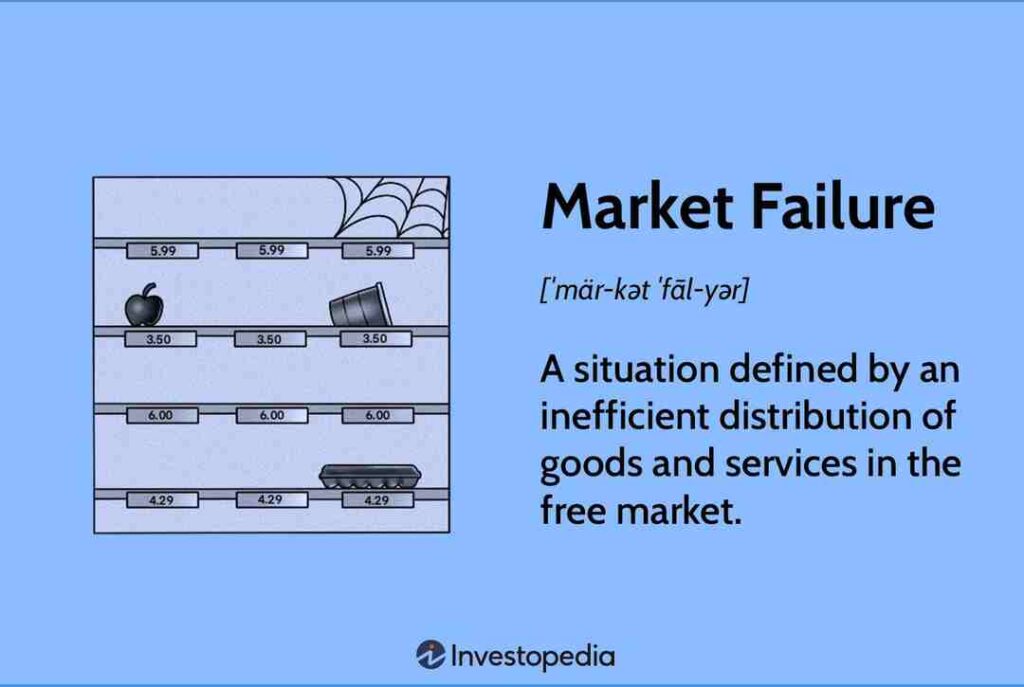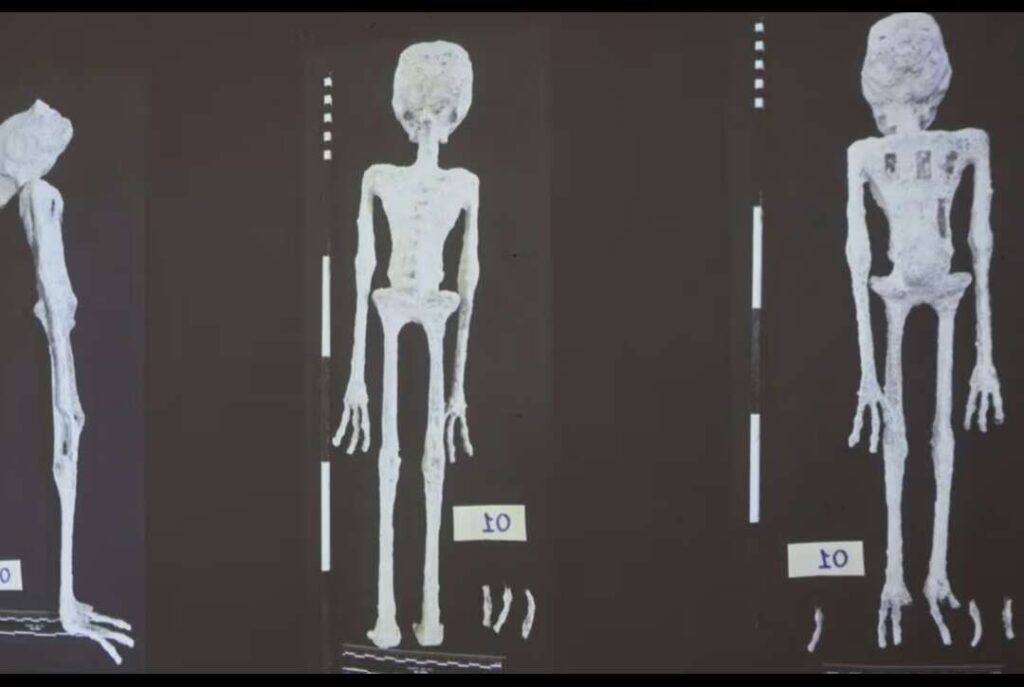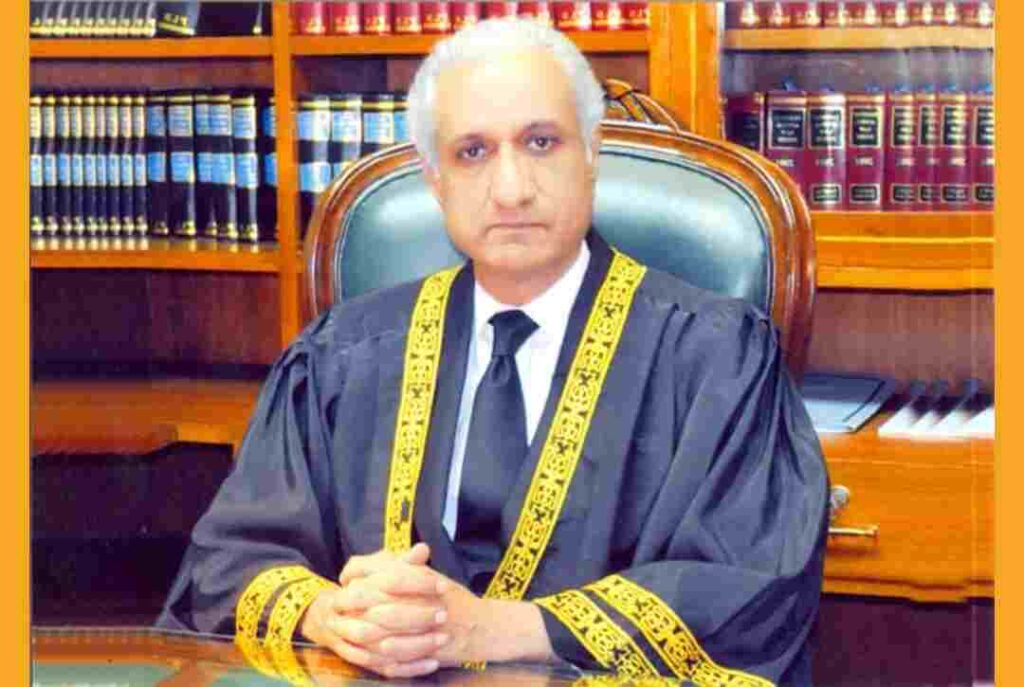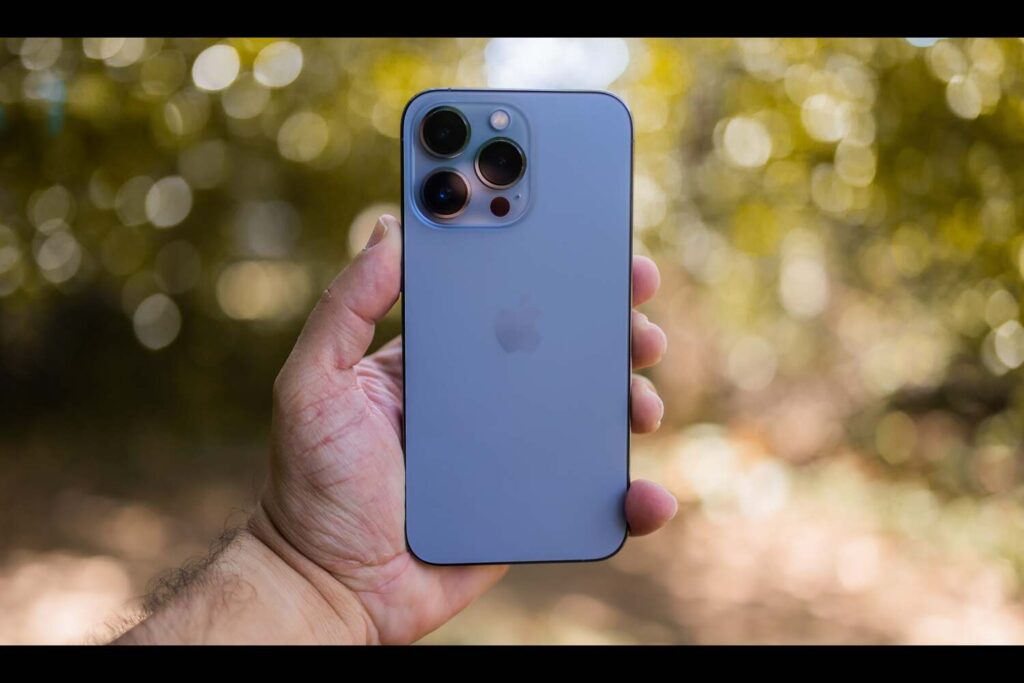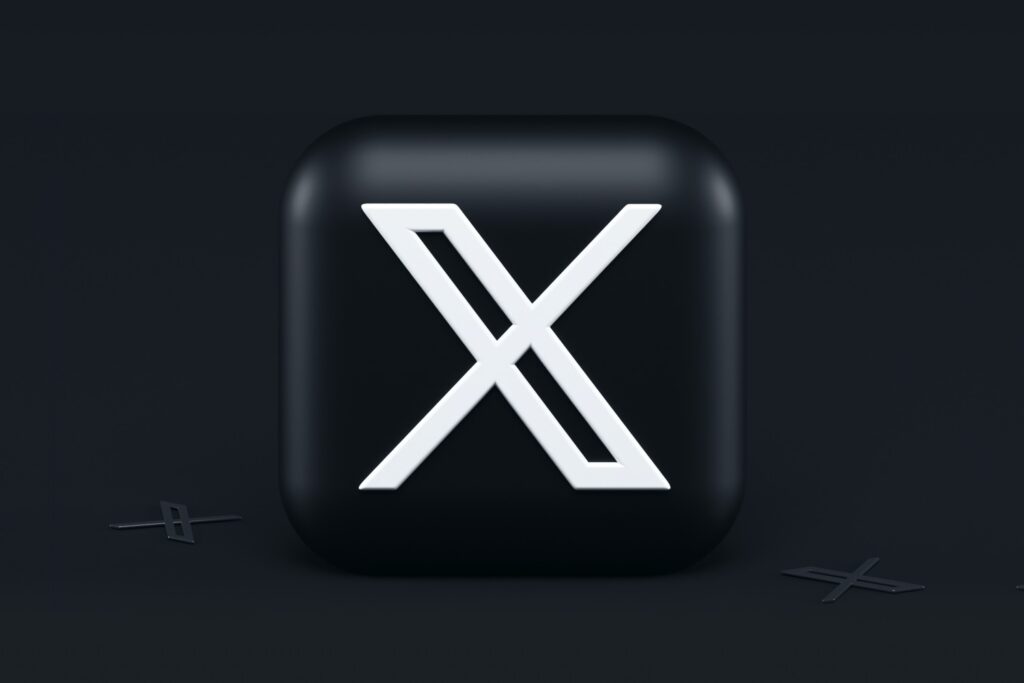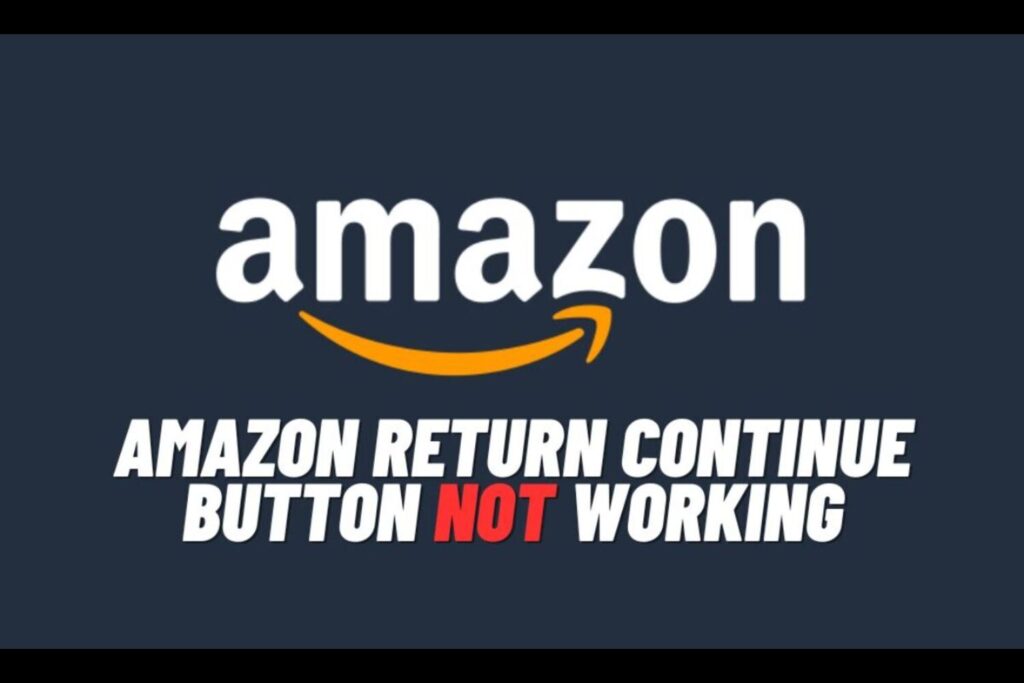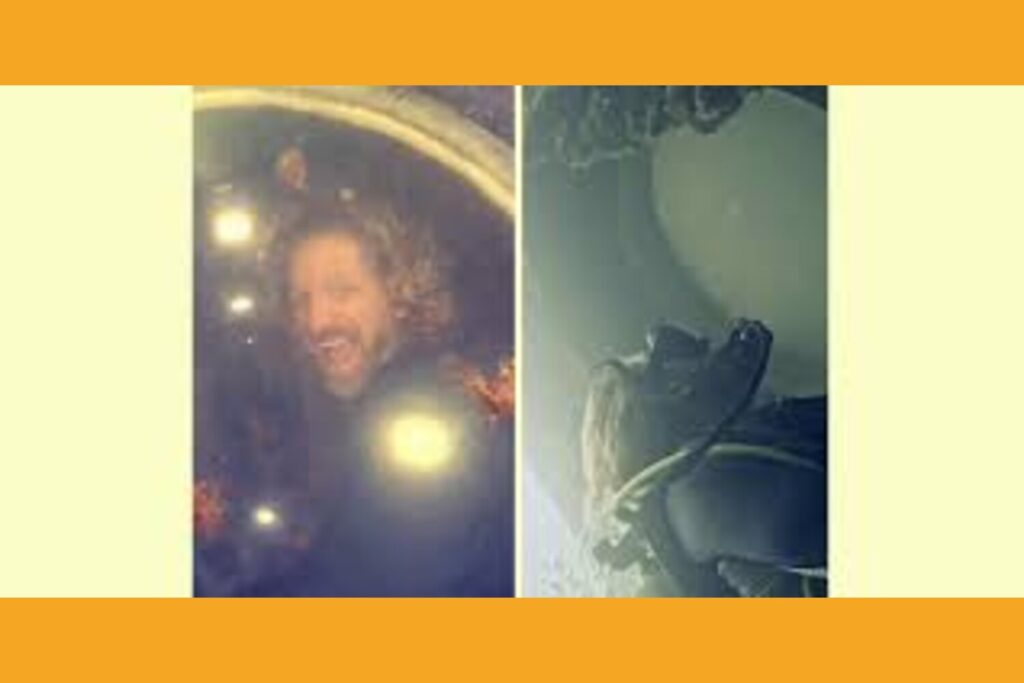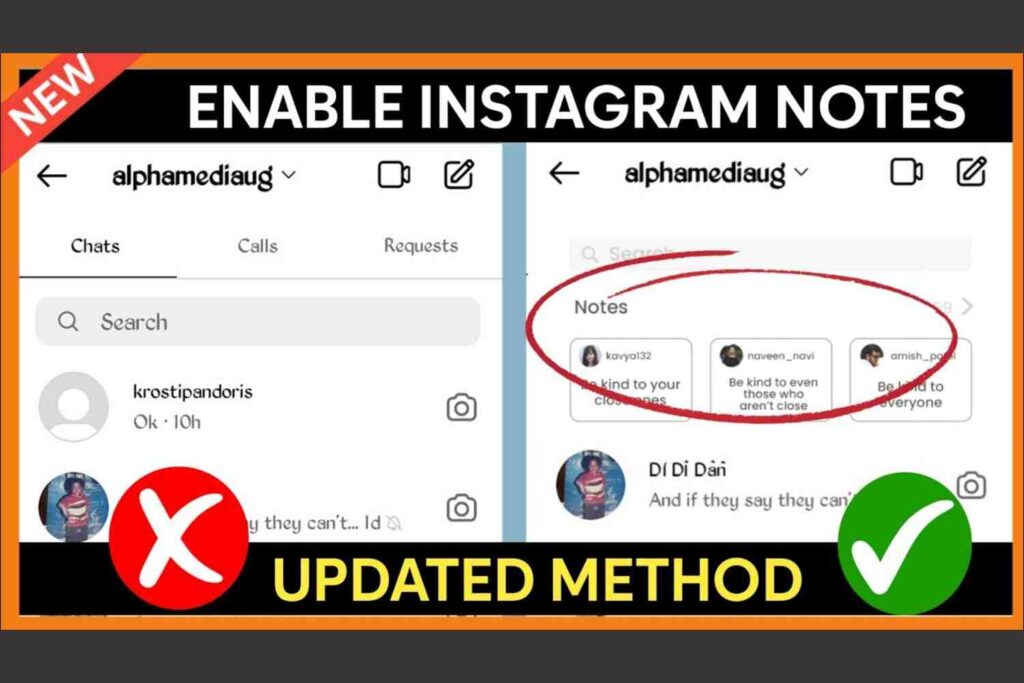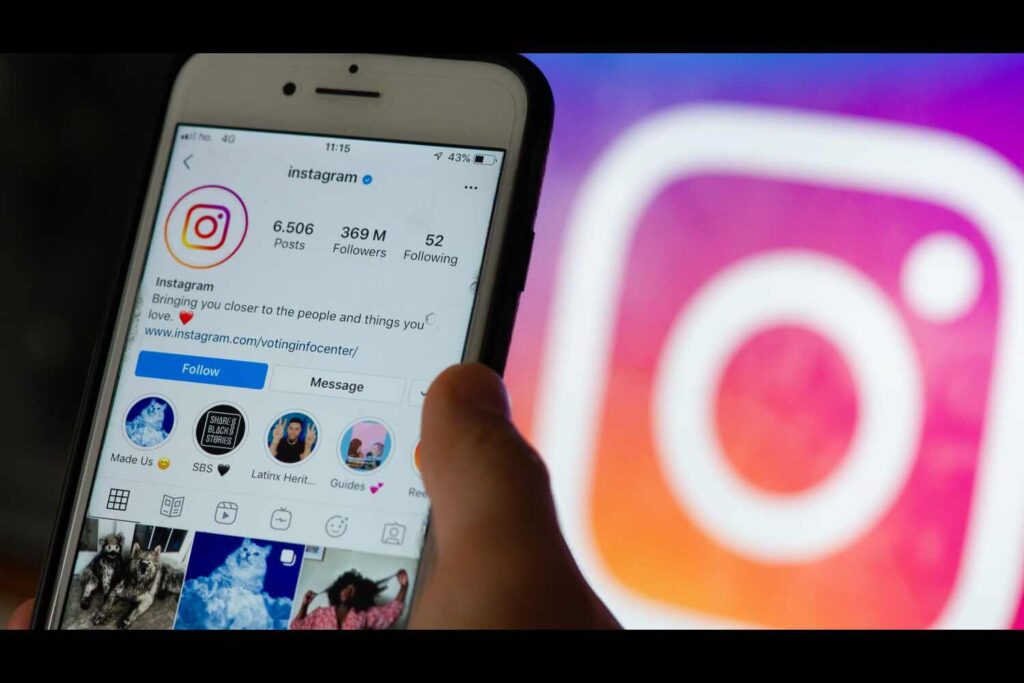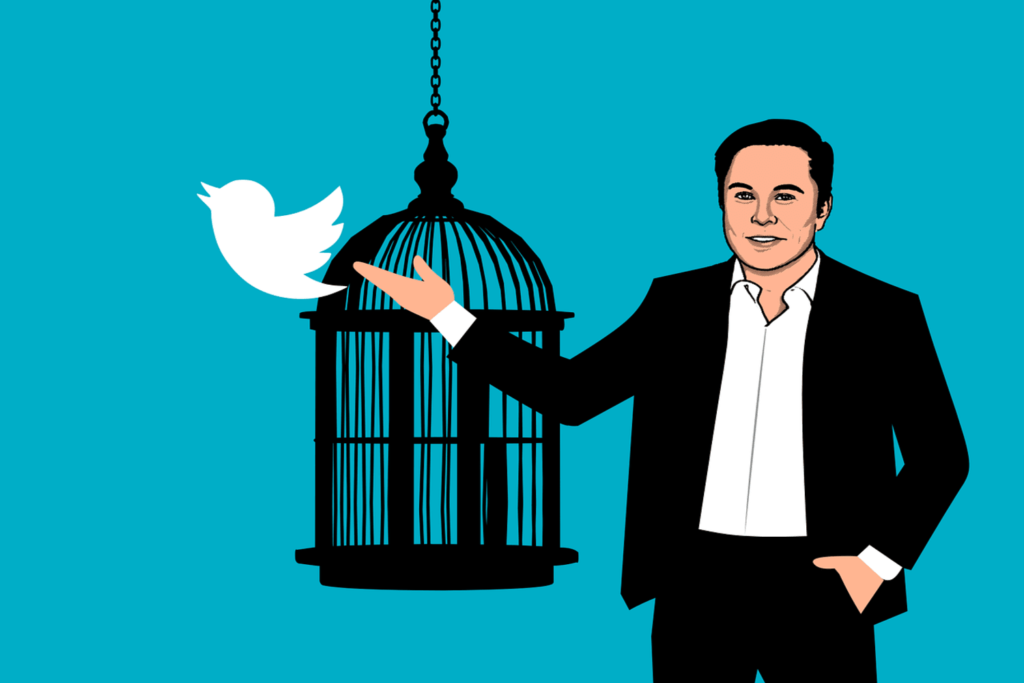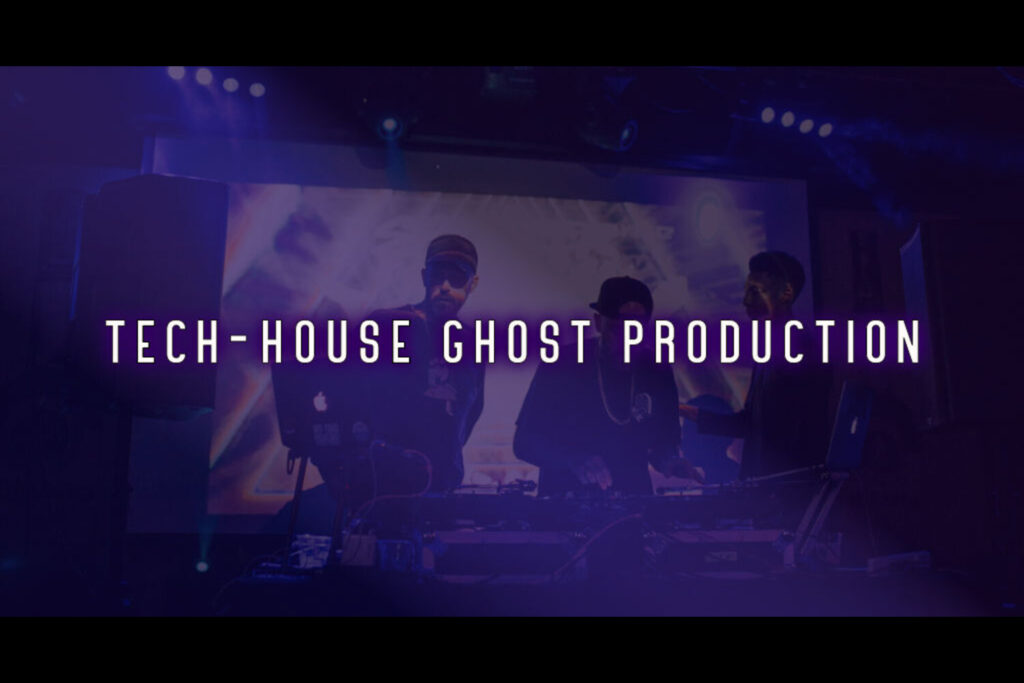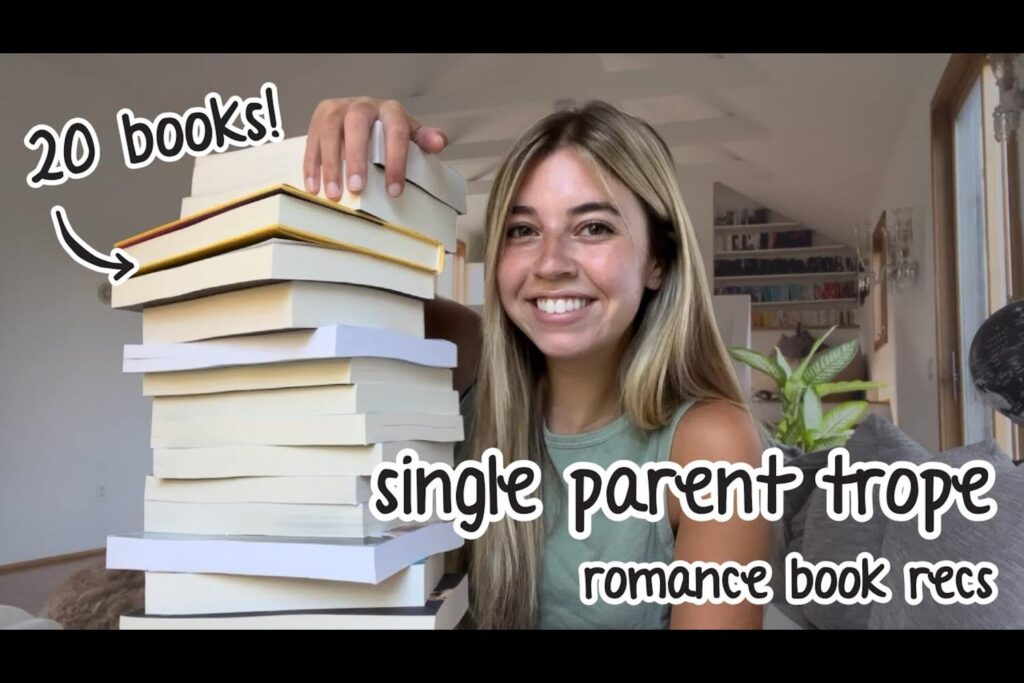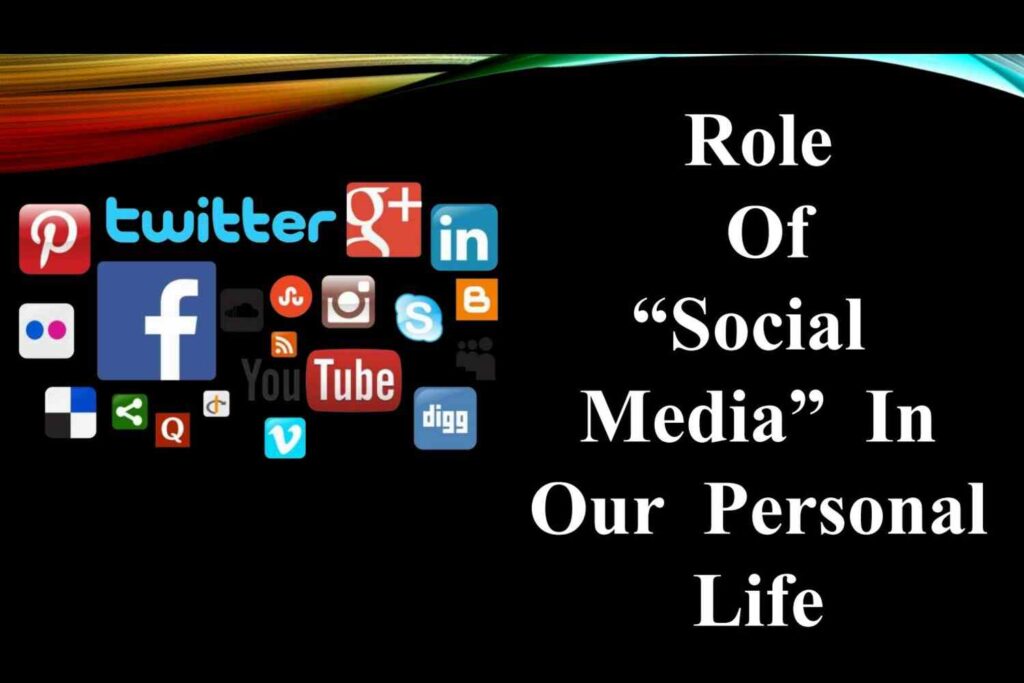YouTube to MP3: How to Convert Videos to Audio Files

Are you a music enthusiast who loves listening to songs from YouTube to MP3? Do you want to extract the audio from your favorite YouTube videos and save them as MP3 files? If so, you need a YouTube to MP3 converter.
YouTube is one of the most popular video sharing platforms in the world, with billions of users watching videos every day. However, sometimes, you may want to listen to the audio of a video instead of watching it. This is where it comes in handy.
Facebook marketplace Wichita KS – The place to buy and sell
YouTube to MP3 converters are tools that allow you to convert YouTube videos into audio files in the MP3 format. These tools are popular among music enthusiasts who want to listen to their favorite songs without having to watch the video. In this article, we will discuss how to use MP3 converters and the legal implications of doing so.
How to Convert into MP3 Files
Converting a an MP3 file is easy with the help of a YouTube. Here are the general steps to convert a video into an MP3 file:
Step 1: Copy the video’s URL
First, you need to find the YouTube video you want to convert and copy its URL from the address bar of your web browser.
Step 2: Paste the URL into the converter
Next, go to the YouTube to MP3 converter of your choice and paste the video’s URL into the converter’s input field.
Step 3: Choose the MP3 format and quality
Most converters allow you to choose the format and quality of the MP3 file. Choose the MP3 format and the quality you prefer.
Step 4: Convert the video
Click the “Convert” button to start the conversion process. Depending on the size of the video and the speed of your internet connection, the process may take a few minutes.
Step 5: Download the MP3 file
Once the conversion process is complete, the converter will provide you with a download link for the MP3 file. Click the link to download the file to your computer or mobile device.
Legal Implications
While YouTube to MP3 converters are convenient, there are legal implications to consider. YouTube’s terms of service prohibit users from downloading videos or extracting their audio without permission. Therefore, converting a YouTube video into an MP3 file without the copyright owner’s permission may constitute copyright infringement.
In some countries, using YouTube to MP3 converters may also violate local copyright laws. For example, in the United States, the Digital Millennium Copyright Act (DMCA) prohibits the circumvention of technological measures used to protect copyrighted material. Some YouTube videos are protected by such measures, and converting them into MP3 files may violate the DMCA.
Elon Musk Tweets: How They Can Impact Your Brand
Moreover, YouTube has its own Content ID system that automatically detects copyrighted material and may remove or monetize the video. Therefore, even if you manage to convert a copyrighted video into an MP3 file, you may not be able to use it without facing legal consequences.
Alternatives
If you want to listen to music without watching the video, there are legal alternatives to YouTube to MP3 converters. For example, many music streaming services, such as Spotify and Apple Music, offer ad-supported or paid plans that allow you to listen to music without video ads.
Alternatively, you can purchase the music you want to listen to from digital music stores such as iTunes or Amazon. This way, you will have the legal right to listen to the music without worrying about copyright infringement.
Conclusion
YouTube to MP3 converters are useful tools for converting YouTube videos into audio files. However, using them may violate copyright laws and YouTube’s terms of service. If you want to listen to music
without watching the video, it is best to use legal alternatives such as music streaming services or digital music stores.
While its are a convenient way to extract audio from YouTube videos, it is important to consider the legal implications of using them. Copyright laws exist to protect the rights of content creators, and it is important to respect those rights. Instead, consider using legal alternatives to listen to your favorite music without violating copyright laws.

 English
English 













